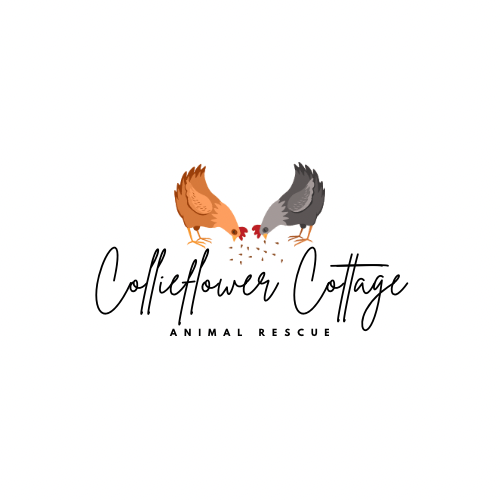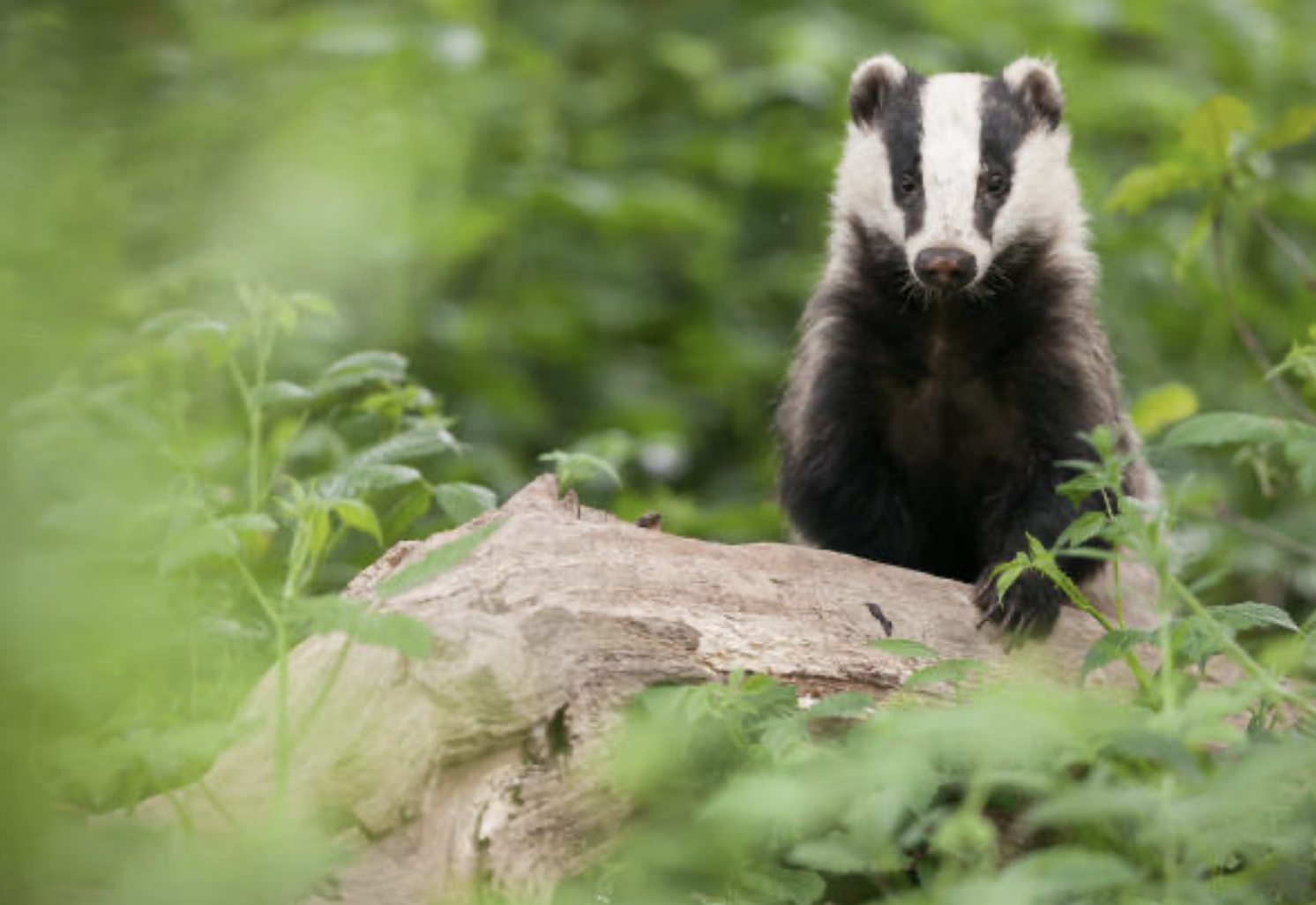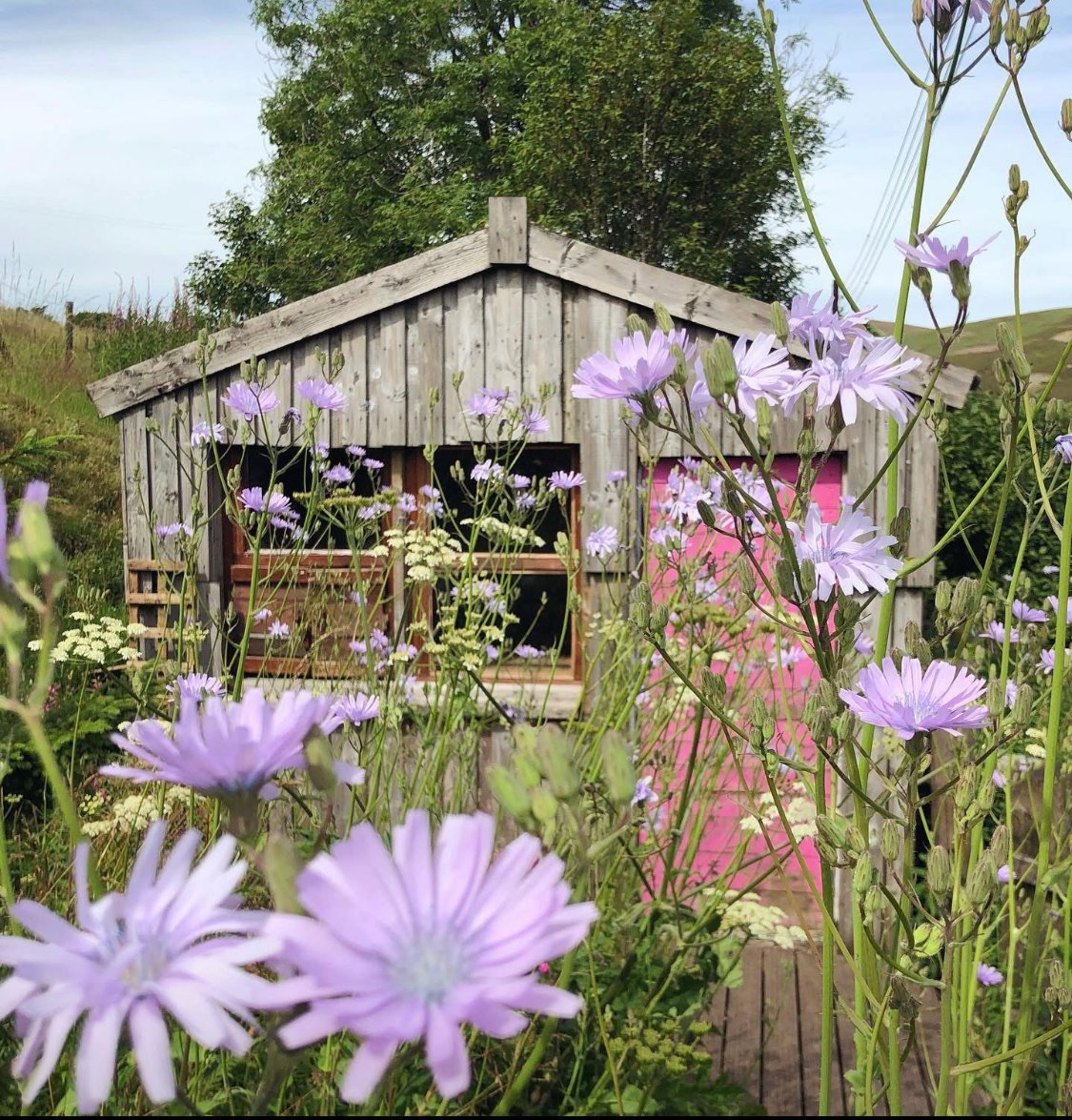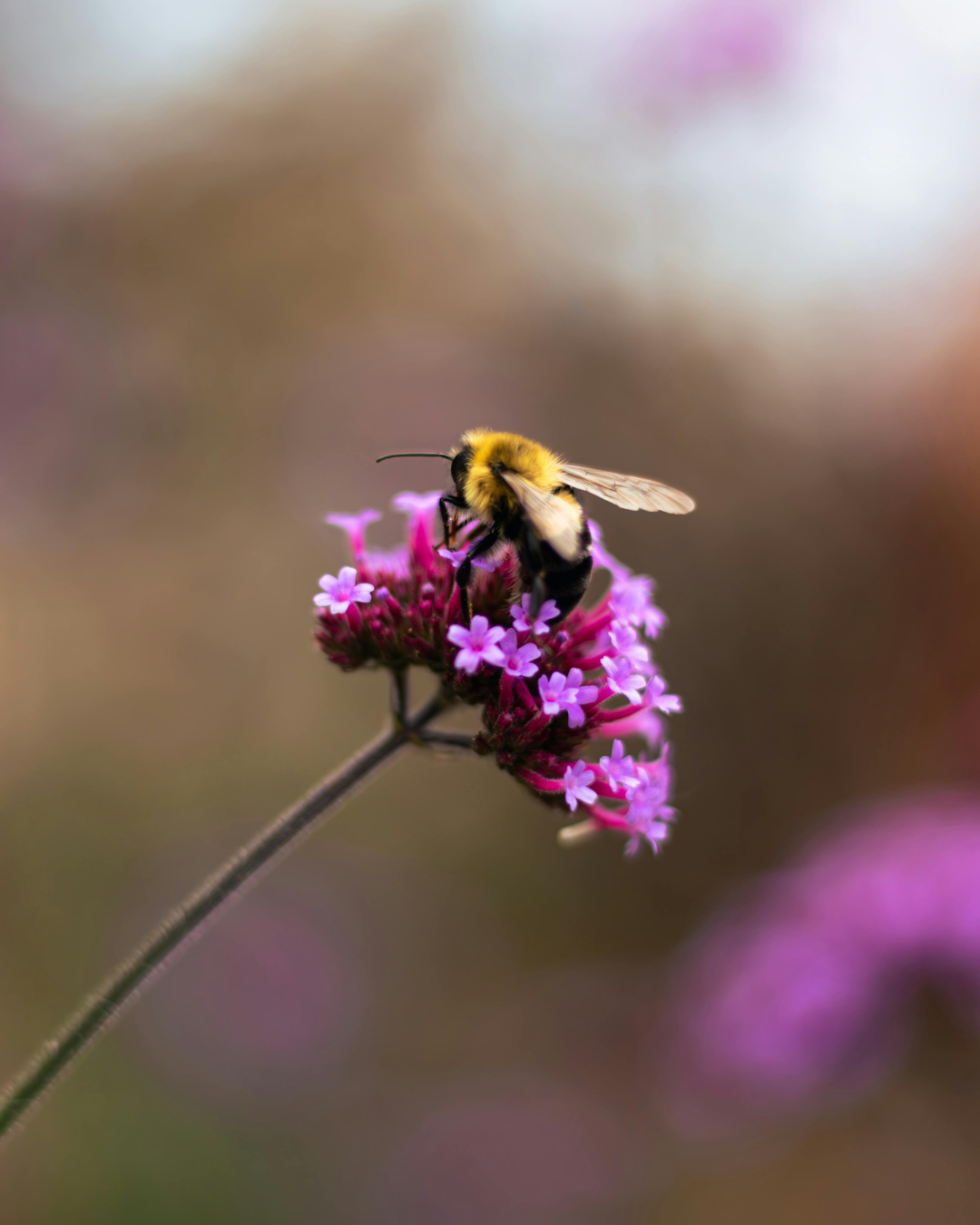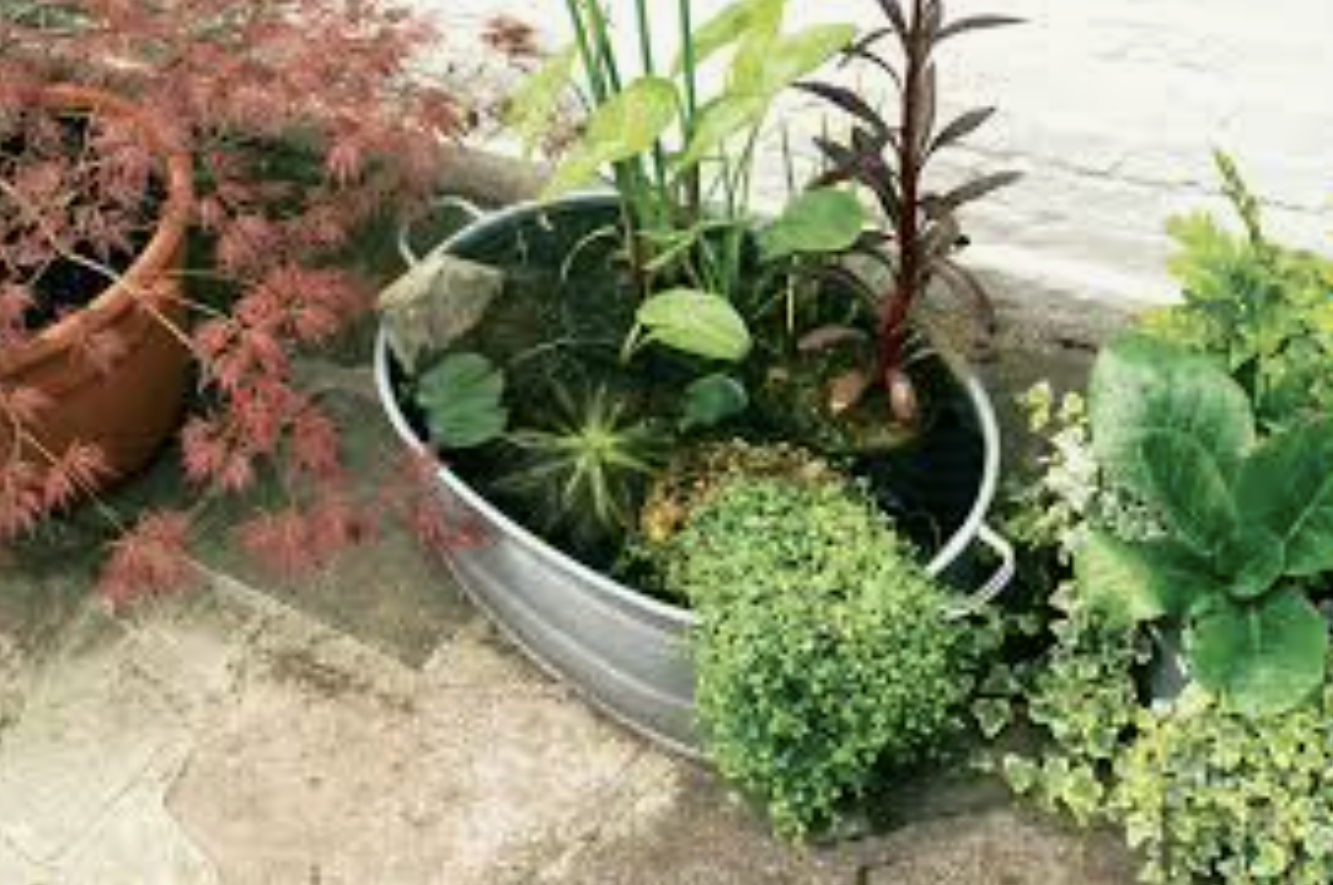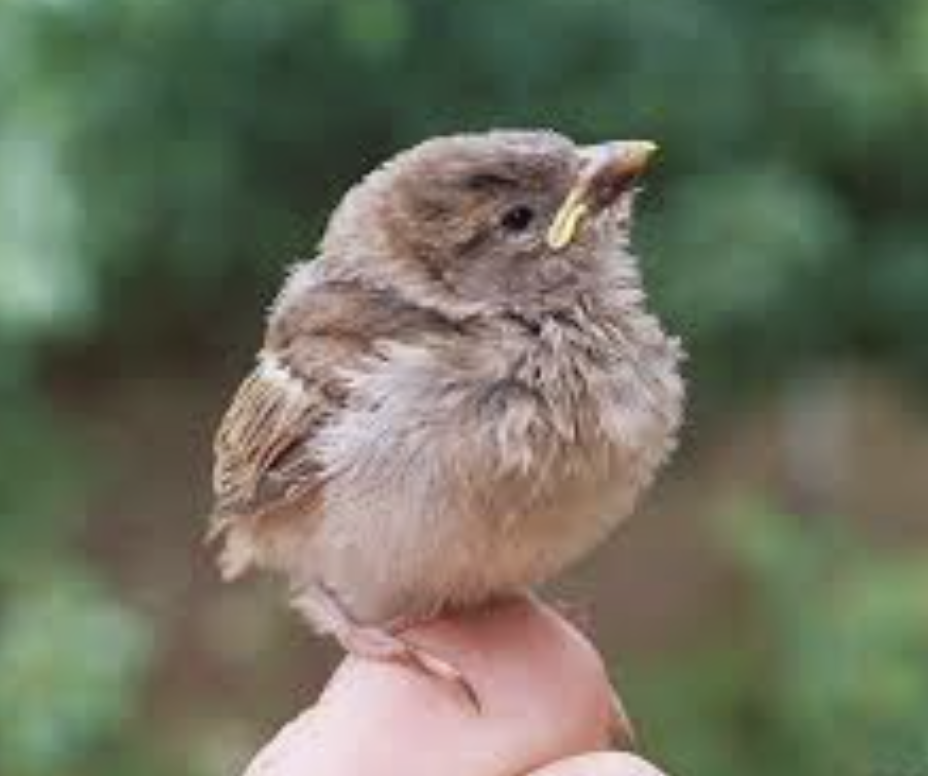Scotland is home to a wide variety of bird species — from garden visitors to seabirds and birds of prey. If you find a bird that may be injured or unwell, it’s important to act quickly and appropriately for the bird’s species, size, and the type of injury. Here’s how to help.
If you have found a baby bird that appears uninjured but alone, check here for advice before intervening.
Recognising When a Bird Needs Help
A bird may need help if you observe:
- Obvious wounds, bleeding, or broken limbs
- Inability to fly or fly straight
- Drooping wing(s), laboured breathing, or weakness
- Fluffed-up feathers and unresponsiveness
- Sitting in open or unusual places for extended periods
- Caught by a cat or dog (see below)
If the Bird Has Been Caught by a Cat or Dog
Even if there are no visible injuries, any bird caught by a cat or dog is at serious risk. Cat bites, in particular, almost always lead to fatal infections without antibiotics.
What to do:
- Contain the bird as calmly and quickly as possible (see below).
- Take it to a vet or wildlife rescue — explain it has been in a cat or dog’s mouth.
- Do not assume the bird is fine just because it can still move or fly short distances.
These birds always need veterinary care, even if they appear outwardly unharmed.
Birds Safe to Contain
Small birds, pigeons, doves, gulls, ducks, corvids, and other manageable species
If the bird is small enough to safely contain:
- Gently place a towel or light cloth over it.
- Transfer it into a ventilated cardboard box or pet carrier lined with a towel or kitchen roll.
- Keep the box in a warm, quiet space, away from pets and people.
- Avoid offering food or water unless directed by a professional.
Next steps:
- Take the bird to your nearest vet
- Alternatively, contact a local wildlife rescue — many offer advice and triage via social media.
Vets in Scotland have a legal obligation to provide emergency veterinary treatment for injured wildlife. Your visit should be free of charge. Many small wildlife casualties are often beyond rehabilitation if they have been easily caught. The vet may suggest euthanasia is the kindest option or, if they feel the animal has a chance at recovery, transfer them to a specialist wildlife rehabilitation facility.
Birds Requiring Specialist Handling
Birds of prey, swans, geese, herons, and others with strong beaks, talons, or large wingspans
Do not try to handle these birds yourself. Even when injured, they can cause serious injury to you or themselves.
If the bird is at risk (e.g. roadside or exposed):
- Cover it loosely with a towel or blanket, or place a box over it without touching it.
- Stay nearby and monitor from a safe distance.
Call the Scottish SPCA on 03000 999 999 or contact a local wildlife rescue for guidance.
Containment and Transport
Being handled by humans is a very stressful experience for wild birds. Always:
- Use a ventilated box or pet carrier lined with soft cloth.
- Keep the container dark and quiet to reduce stress.
- Avoid handling or checking on the bird unnecessarily.
- Never transport a bird loose in your car or on your lap.
What Not to Do
- Do not feed or give water — this can cause choking or worsening of injuries.
- Do not attempt to treat the injury yourself. This is rarely successful and results in prolonged suffering
- Do not delay. Birds often mask injury or shock until it is too late.
